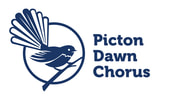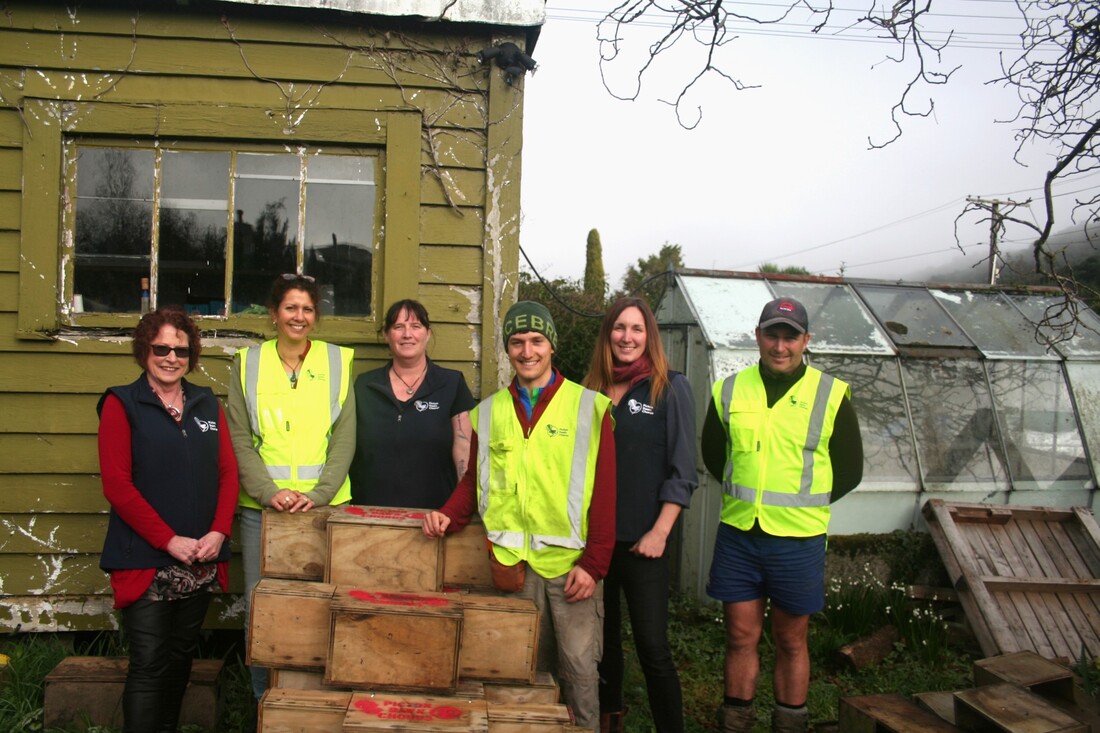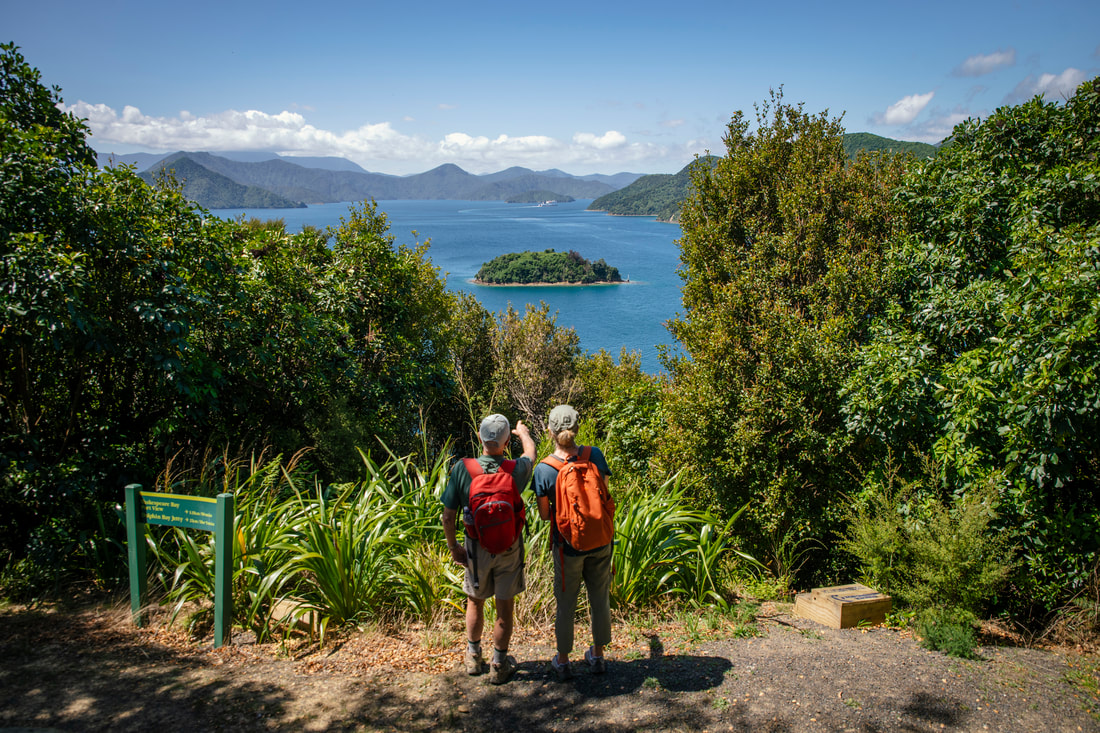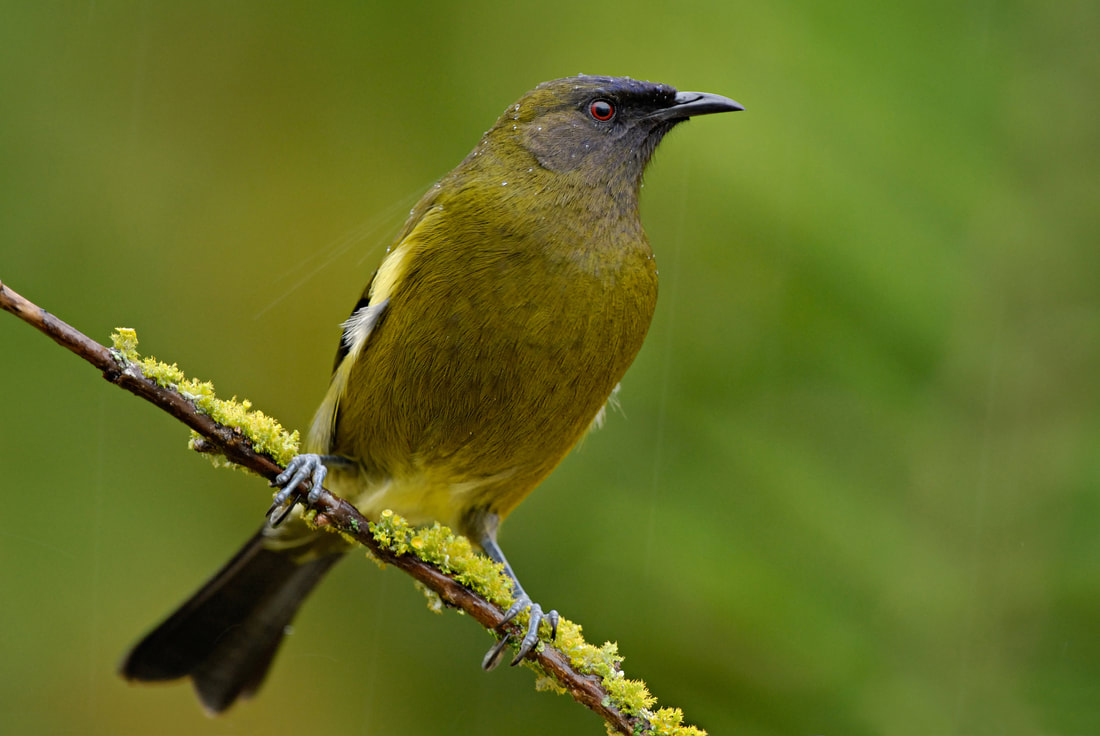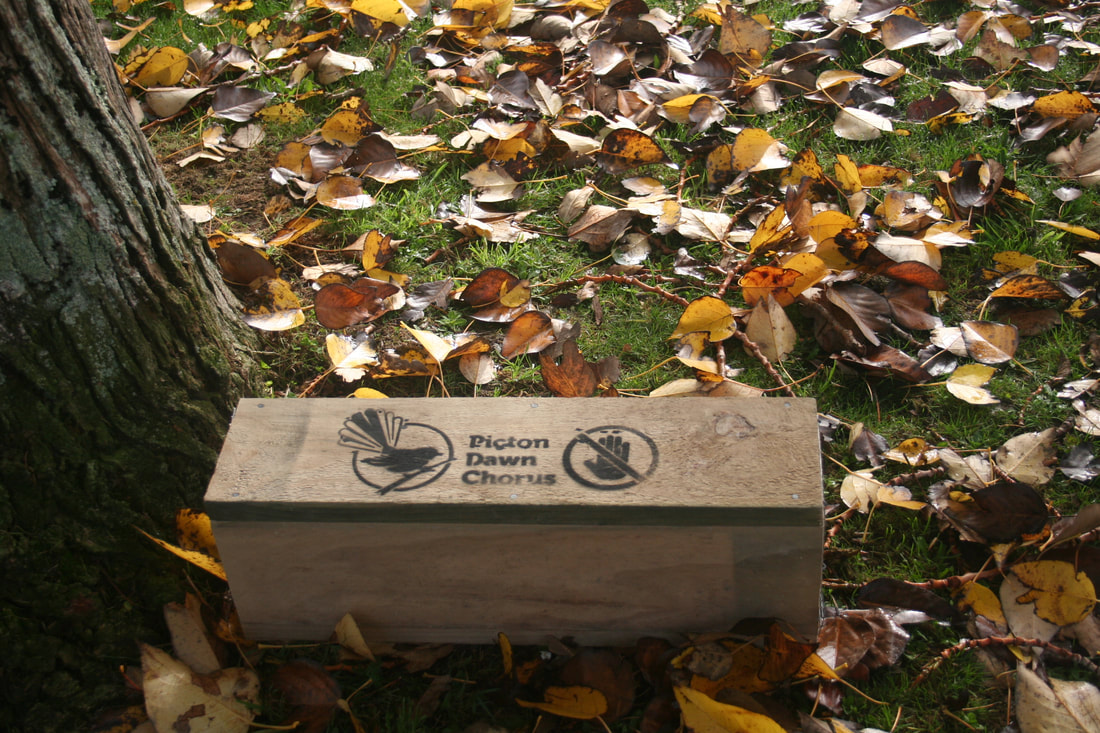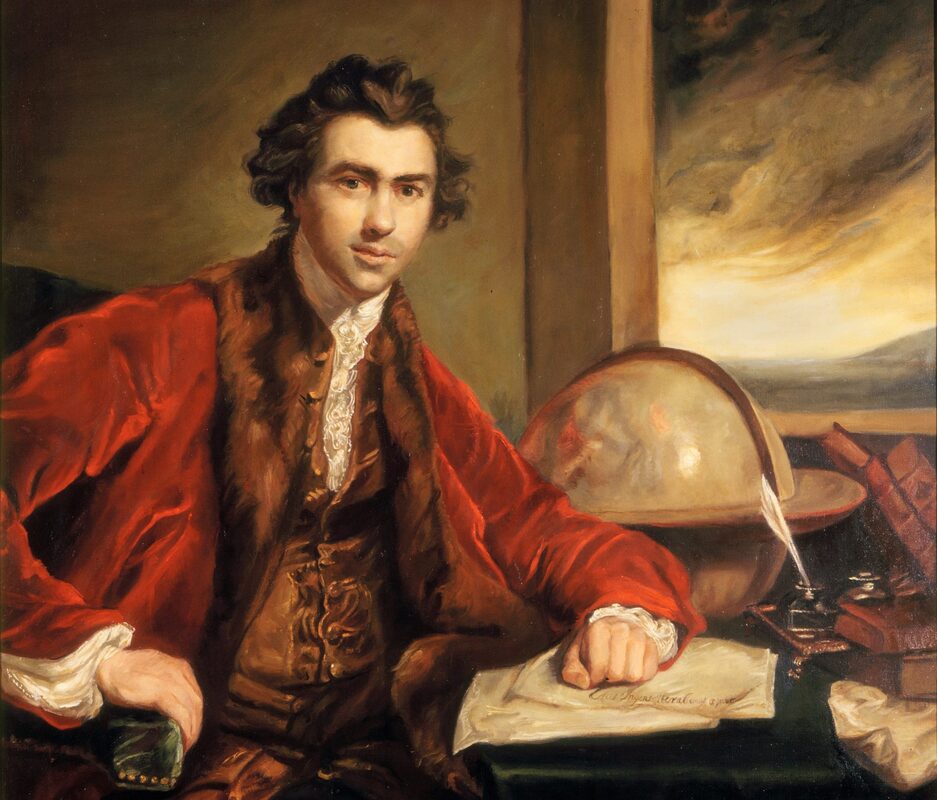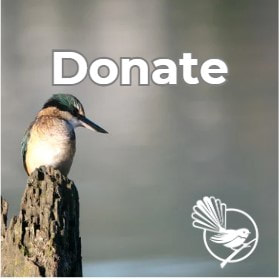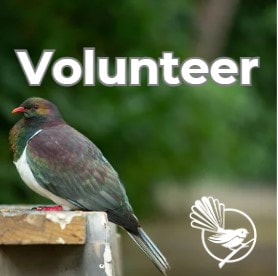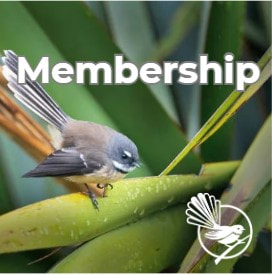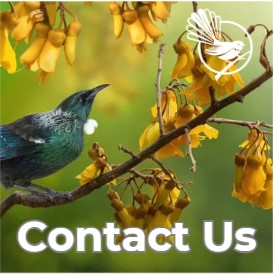|
Botanist Joseph Banks travelled with James Cook on his first expedition to New Zealand in 1769–70. This journal entry describes the dawn chorus he heard on 17 January 1770, while the Endeavour was anchored in Tōtaranui (Queen Charlotte Sound), Marlborough Sounds: "This morn I was awakd by the singing of the birds ashore from whence we are distant not a quarter of a mile, the numbers of them were certainly very great who seemd to strain their throats with emulation perhaps; their voices were certainly the most melodious wild musick I have ever heard, almost imitating small bells...." |
Sadly, with the introduction of countless pest mammals to New Zealand, many of our forests have fallen silent. The Waitohi Picton community decided to to take action by firstly establishing the Kaipūpū Point Mainland Island Society in 2005 and then in 2015 Picton Dawn Chorus Inc. Kaipūpū Sanctuary is at the heart of our project. The long term goal for the area has been to establish a sanctuary through the eradication of introduced plant and animal pests. The 600m pest proof fence has helped Kaipūpū become predator free. The fence offers a first line of defense against pests such as rats, mustelids and possums from re-entering the sanctuary. Picton Dawn Chorus was established to provide a second line of defense. Our Operational Plan gives a target area, totaling 4,815 ha surrounding Kaipūpū Point, which has been split in to four stages: 1) Victoria Domain 2) Urban Picton and Waikawa 3) The Wedge 4) The surrounding hills of Picton To date we have a network of 75 traplines with over 3,000 traps in place. The traplines across Victoria Domain, The Wedge and Kaipūpū are checked mostly by volunteers on a weekly roster with the more difficult tracks being tended to by our experienced bush trapping team. In Picton/Waikawa township, one in four residents are now trapping in their own gardens. In 2023 Picton Dawn Chorus Inc. and the Kaipūpū Point Mainland Island Society merged with a new vision in mind - A committed and enthusiastic community, where people of all ages celebrate flourishing native flora and fauna in the Waitohi rohe (area)
|
Bringing the birdsong back........."We wouldn't have achieved what we have without our incredibly valuable members, volunteers and supporters. I feel like we have drawn the community together.” But Jill says that they can’t rest on their laurels.......there’s still a lot of work to be done...
|
